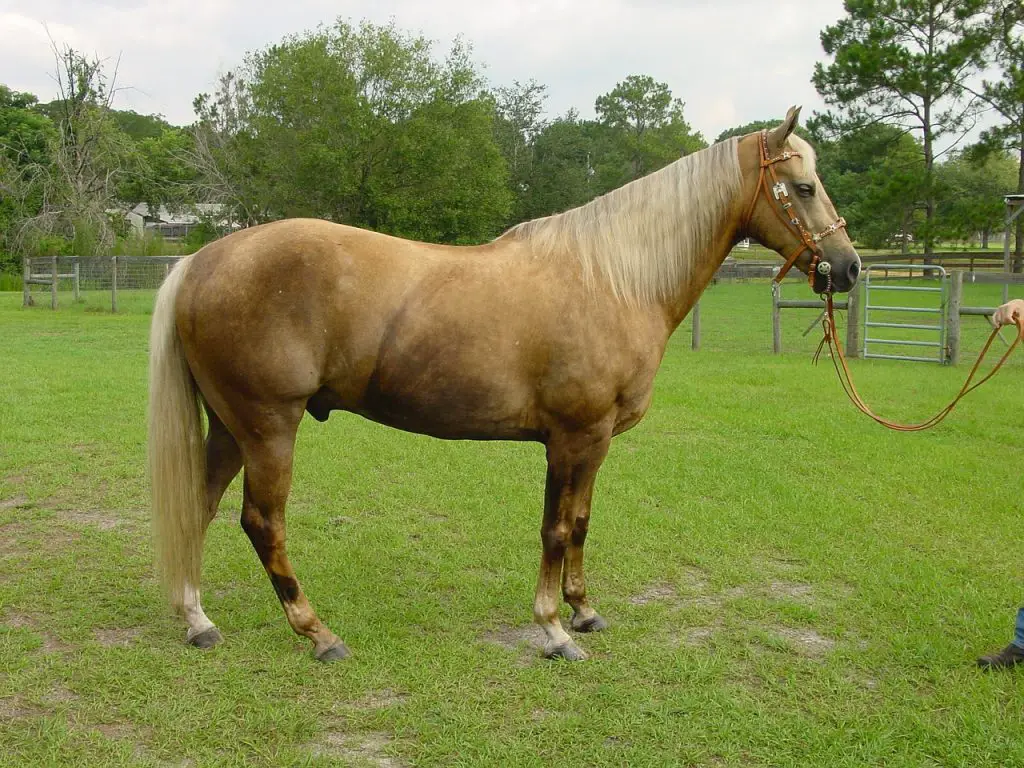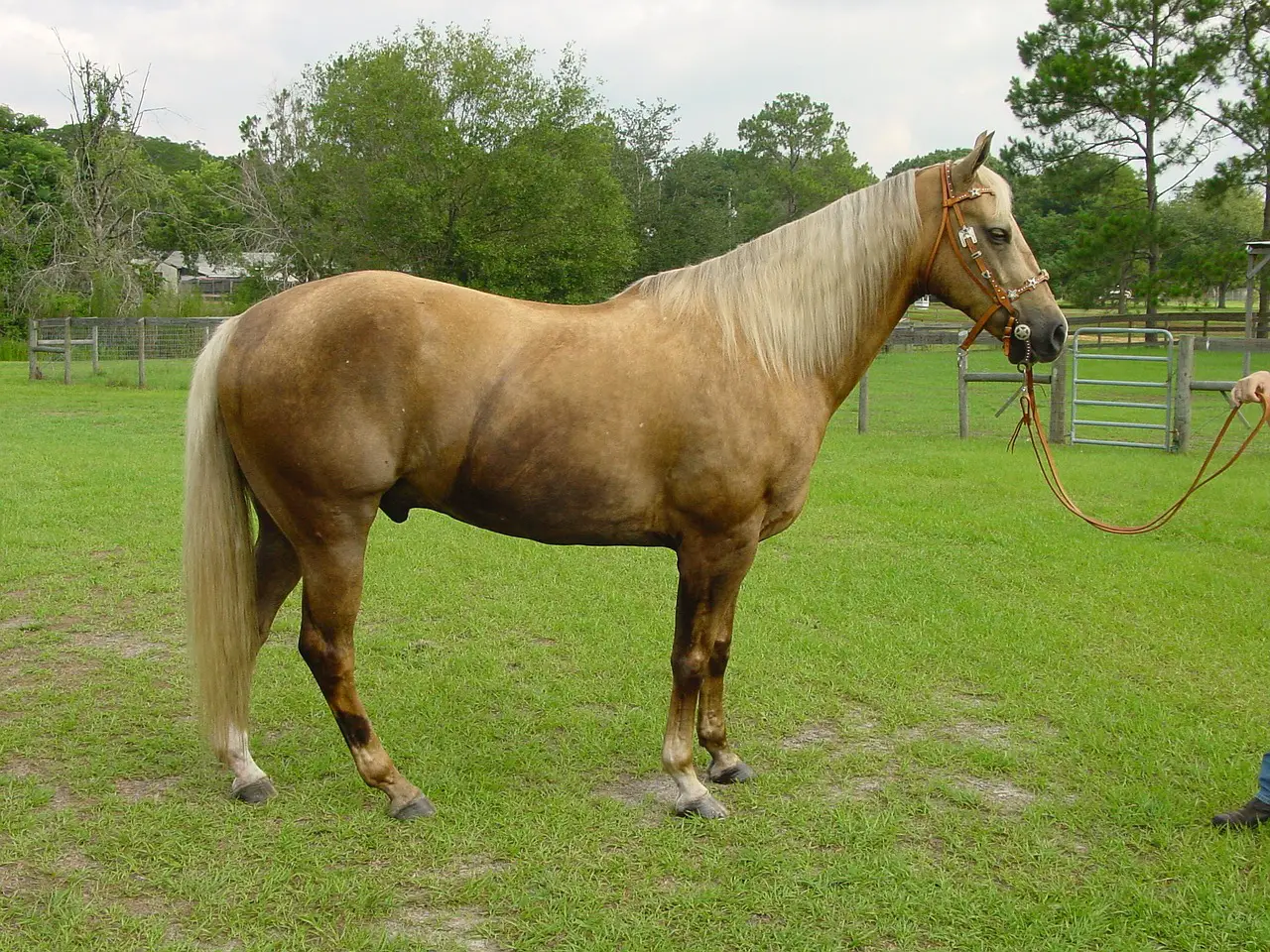Last Updated on March 18, 2022 by Allison Price
The sheath is composed of loose and soft tissue. This allows the penis to retract and drop. It swells easily due to its many loose folds, and location at the bottom of the body. In insulin-resistant horses and overweight horses, the sheath can become very fat. It can sometimes be difficult to distinguish between a fat sheath or a swollen one.
Dirty sheaths can cause swelling. Large amounts of beans (an accumulation of secretions at penis’ end) or sheath smegma, which is normal pasty secretion, can cause horses to swell. Horses who urinate in their sheaths are more likely to have swollen sheaths. Sheath swelling can be caused by irritation to the skin, such as trauma, skin allergy, irritation and insect bites.

Tumors and sheath infections, penis and penis skin cancers can cause swelling due to irritation of the hidden internal tissues. Injuries to the abdomen or upper limbs may cause local swelling. This spreads through the tissue planes and eventually fills the sheath. The sheath can also be used to indicate general diseases such as vasculitis and low blood protein. Vasculitis is an inflammation of blood vessels that leak fluid into tissues.



